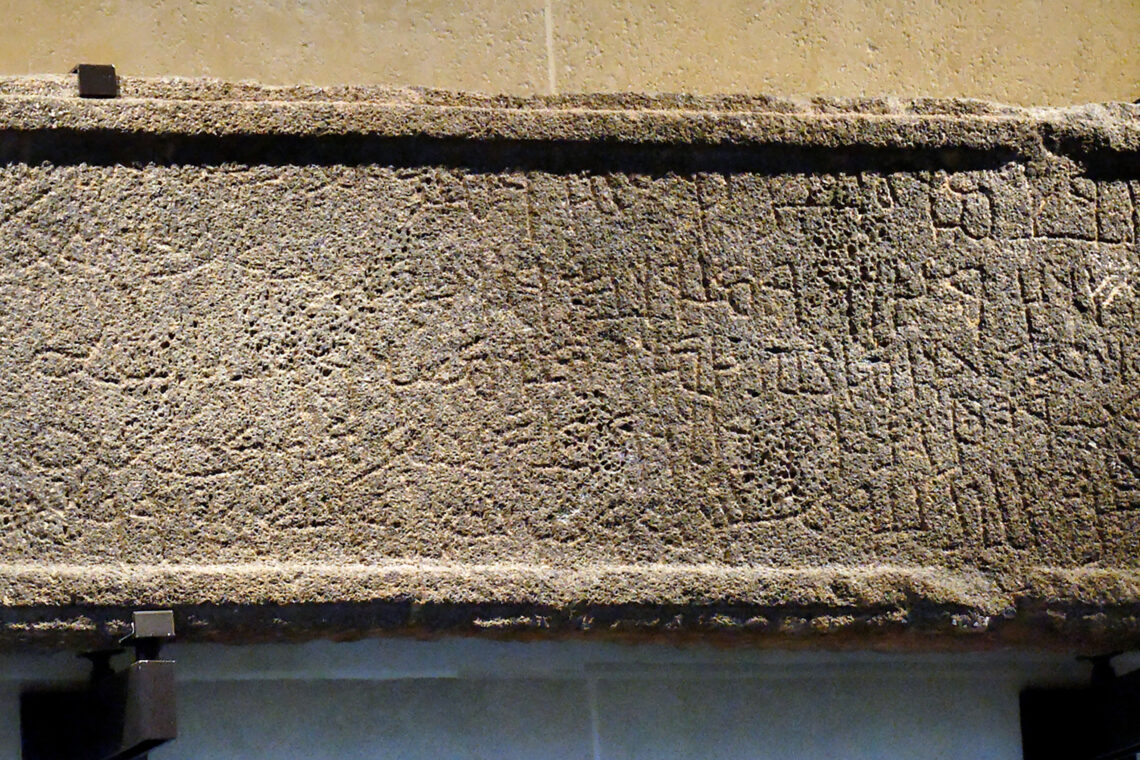Young girls from poor backgrounds are often entrusted to middle or upper middle class families to work as maids and servants. They work hard, sleep very little, eat leftovers, and practically have no days off. One would think that our radical intellectuals would be up in arms about this lamentable situation, yet—notwithstanding the growing attention to the problem—everyone seems to downplay this form of child labor. The documentary, Home, or Maids in My Family, by Yto Barrada (2001) sheds light on this complicated and troubling issue.
Ms. Barrada, the child of progressive, left-leaning Francophone parents who read Le Monde, chooses to cover the situation in her own home in Tangier, a villa with a swimming pool and superb views of the bay and Mediterranean. She is born in Paris, across the street from La Maison du Maroc, but she was raised with “strangers” in her house, the “invisible servants” whose full names she barely knew. In such a slightly dilapidated Western-style house, two sisters, Keltoum and Sa’ida, inherited from the filmmaker’s grandmother, are dressed like hotel maids and do all the cooking and cleaning. The maids make around 500 dirhams a month, most of which is given to the father back in the village of Sidi al Yamani. The maids appear as caged birds, one constantly singing and dancing to Middle Eastern music, the other plotting an escape to Europe through hreeg. (Spain, after all, must be visible from the house.) Both women feel enslaved, without any clear options for the future, since they cannot go out and meet people.
Ms. Barrada interviews her parents (who are divorced), aunt, and the maids. The father, exiled in France because of his radical politics in the 1960s, longs for a life with maids since in France he can’t have that luxury (unless he is in a hospital). The French-speaking mother, introduced as a psychoanalyst, rationalizes her dependency on maids through common sociological explanations. Because the maids’ parents are poor and the maids are out of school, work in her house is the best option for all concerned. She expresses no sense of outrage at a system that allows this to happen. In fact, she says that in life “one gets what one deserves,” which is why, I suppose, she prevented her own daughter, the filmmaker, from hanging around the maids’ quarters when she was a child. She wanted her daughter to be educated, not exposed to the maids’ village culture of s’hour and jnoun. Despite her views, the “lalla” appears as a kind, benevolent woman who mingles easily with the maids’ relatives at a family reunion in Marrakech, the kaftans leveling down or blurring social differences on the dance floor.
Both Keltoum and Sa’ida realize that they are exploited and have virtually no rights or benefits. Only marriage seems to lead out of this captivity. Their cousin, Mahjouba, from the village of Romani, who once served the filmmaker’s aunt Yamina, does just that by betraying her mistress and marrying Najib, a small-time soccer player in Tangier without any income. Mahjouba not only rebels against her condition and arranged marriages, but she also refuses to wear djellabas. Preferring poverty and freedom over a life of gilded servitude, the soft-spoken but strong-willed woman is determined to make her marriage work in a makeshift home (a sort of abandoned building) and remain in charge of her destiny. Articulate and romantic, Mahjouba stands proudly by her struggling husband.
As she sets out to film her story, the filmmaker’s father warns her that she is tackling an “explosive subject” and might offend quite a few people, partly because, I assume, many of us don’t like to confront our own contradictions. Maids are widely used in Morocco and are often brutally exploited, sometimes by their parents and their bosses. Placed with city folk at a very young age, they can make as little as 100 or 200 dirhams per month for a life of hard labor. When these “petites bonnes” can’t take the heat, they escape into the streets and try to survive anyway they can. The lucky ones may be rescued by organizations like INSAF or by Mrs.Yasmina Baddou, State Secretary in charge of the Family, Social Action, and Solidarity, who is trying to find some of these lost girls and send them back to their parents. But most will vanish into a life of danger.
Home, or Maids in My Family succeeds by allowing Moroccans to discuss the institution of servitude without pointing fingers at anyone in particular. The short film simply seems to suggest that the exploitation of young girls is a national–and cultural–scandal that needs to be addressed in our promising era of openness and democratic aspirations. I understand the government is working on a set of regulations to protect children and ban child labor. This is a welcome initiative. A tough law that protects children is long overdue. The degree of a nation’s civilization must always be measured by the way the weakest members of its society are treated. Middle class and rich families who want help will have to hire adults and give them full employment rights. Those who cannot afford this luxury must, like most of their European and American counterparts, clean their own dishes and wash their own floors.
Home, or Maids in My Family is available from First Run/Icarus Films at (800) 876-1710 or (718) 488-8900




Comments are moderated by the editor and may not appear on this discussion until they have been reviewed and deemed appropriate for posting. All information collected is handled in a manner consistent with our privacy policy.